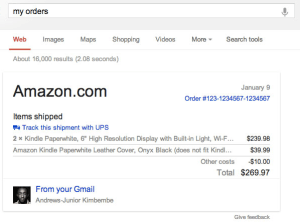The bill is expected to pass in coming days.
In a bill barreling towards passing both houses of Congress before the Christmas break, lawmakers are earmarking millions to make life more difficult for hackers in American cyberspace. The new National Defense Authorization Act is said to provide millions for maintaining the Department of Defense’s Cyber Command, and for research and development programs to help keep hackers at bay.
This is reportedly just the latest batch of money that would go towards cybersecurity--but because some of the funding is classified, it is unclear exactly how much the U.S. spends every year on that type of security.While the technology world is said to mostly welcome the funding, the bill hasn't pleased everyone. Companies with defense contracts are peeved by a requirement that they report to the government if their systems are vulnerable to hackers, a requirement similar to one that was hotly contested by technology companies when it was introduced earlier this year in the 2012 cyber security act.
























